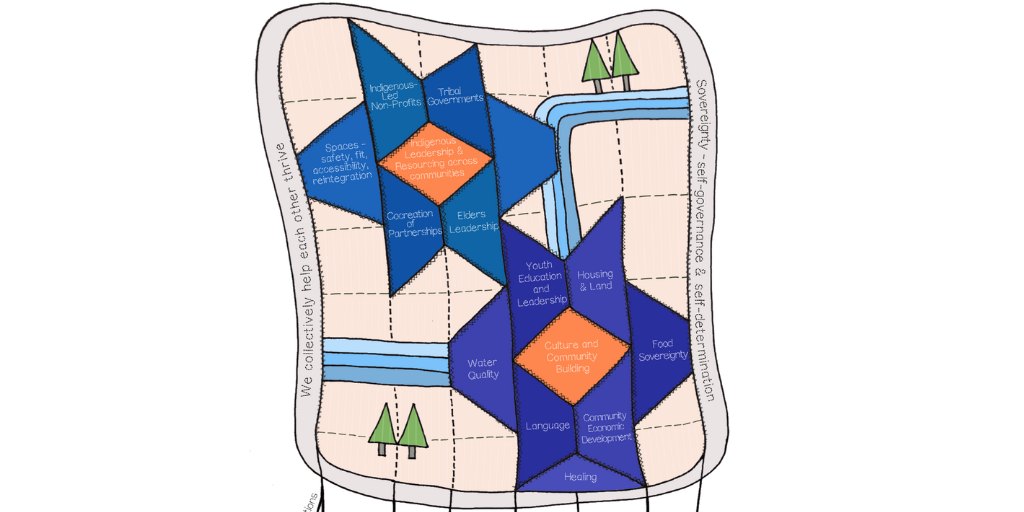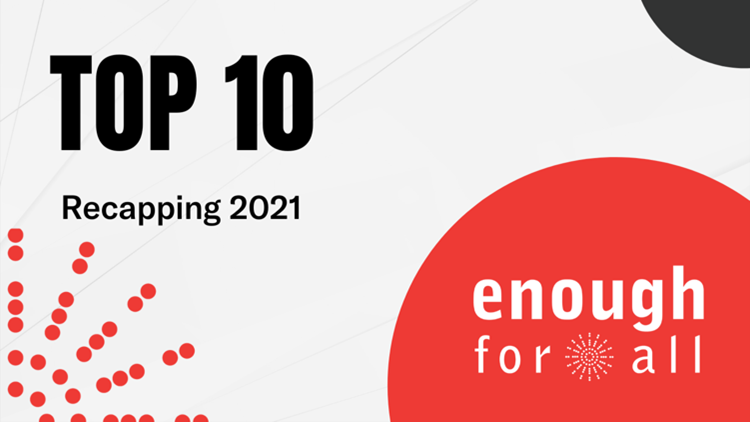The authors of this paper argue that big changes only occur through advocacy efforts and yet, advocacy is an elusive activity to evaluate.
of this paper argue that big changes only occur through advocacy efforts and yet, advocacy is an elusive activity to evaluate.
Advocacy requires an approach and a way of thinking about success, failure, progress, and best practices that is very different than the way we approach traditional philanthropic projects such as delivering services or modeling social innovations. It is more subtle and uncertain, less linear, and because it is fundamentally about politics, depends on the outcomes of fights in which good ideas and sound evidence don't always prevail. This difference poses a particular challenge in evaluating advocacy efforts, exacerbating the resistance to advocacy from foundations that naturally resist in investing in projects that they can't judge as successes or failures.
The paper goes on to look at how advocacy is different than delivering services and programs. Some of the key features identified by the authors that make advocacy work unique include:
- Most of the time, very little progress is made
- There are opportunities and work occuring at many levels
- There is often spillover between advocacy efforts
- The problems are dynamic and fight back
- Systems forces and accidents matter as much as the actions of the organization
- Advocacy, by its very nature, is political
Teles and Schmidt provide the following advice for evaluating advocacy work:
- Focus on the innovative practices that are leading to the change
- Assess the entire advocacy infrastructure and not single projects
- For grantmakers, invest in advocacy work as part of a full portfolio of strategies
- Adopt a long term horizon
- Pay attention to the policy impacts on politics, not just on target populations
- Evaluate the organization as a whole not just the advocacy efforts
This paper provides some interesting insights on the unique challenges of evaluating advocacy efforts. If your organization is engaged in advocacy as part of your work, you will want to read this paper.
Here is a link to The Elusive Craft of Evaluating Advocacy.
PS: Thanks goes to Jean-Marie Chapeau of Centreaide Montreal for sharing this resource with us.





